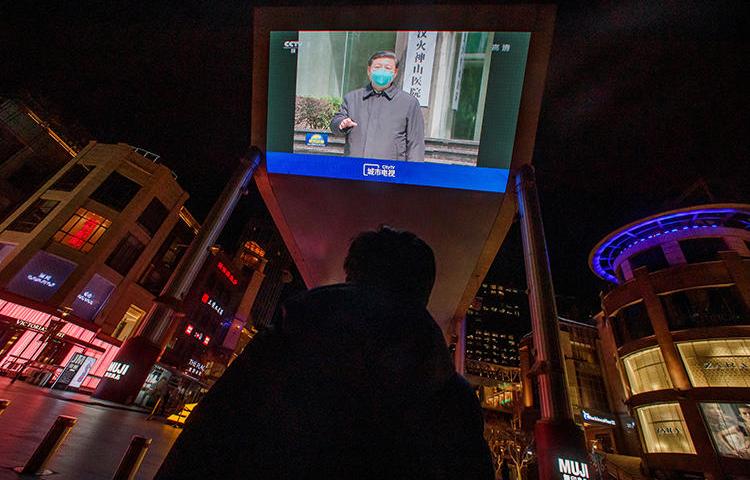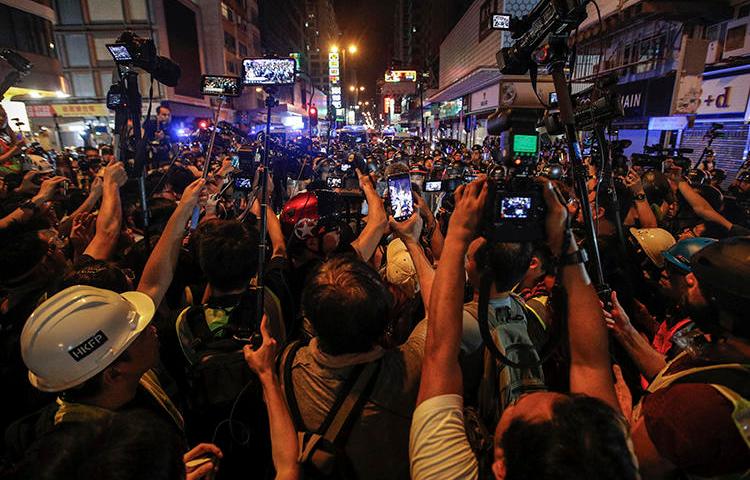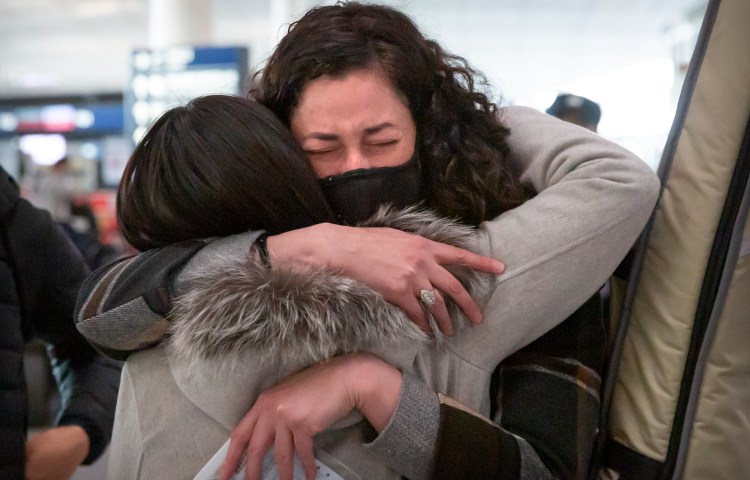
Prospects bleak for recovery of US media presence in China
The slugfest between China and the U.S. over the treatment of media workers in each country appears to have paused. Rather than expel each other’s journalists, as they did a few months ago, each side in early July imposed registration and reporting requirements on those remaining—still many more Chinese in the U.S. than Americans in…

Data journalists describe challenges of reporting on the true toll of COVID-19
How many people worldwide have been infected by the coronavirus, and how many have died as a result? Finding reliable information on the virus’s toll has proven such a challenging task that it is nearly impossible to answer these basic questions, five data journalists from around the world told CPJ in May and June. In…
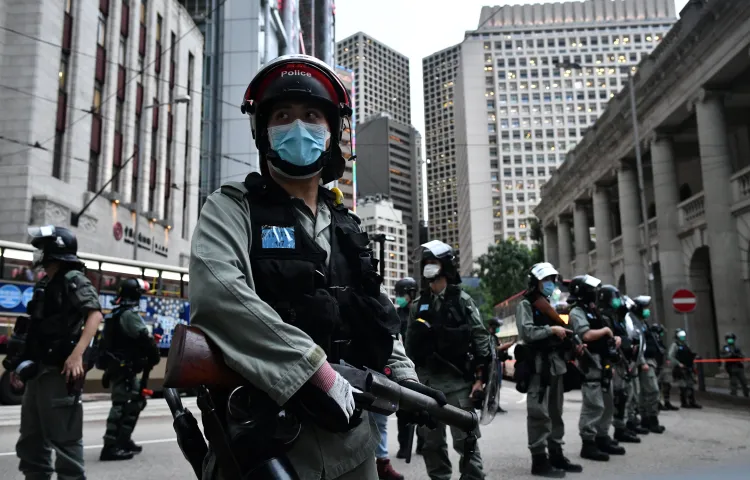
Journalists in Hong Kong fear for personal safety as China pushes national security law through
A new survey conducted by the Hong Kong Journalists Association (HKJA) and released June 19 showed that an overwhelming majority of journalists in Hong Kong worry about their personal safety if the new national security law is enacted. The legislation, approved by the National People’s Congress in Beijing, would criminalize any act of secession, subversion,…
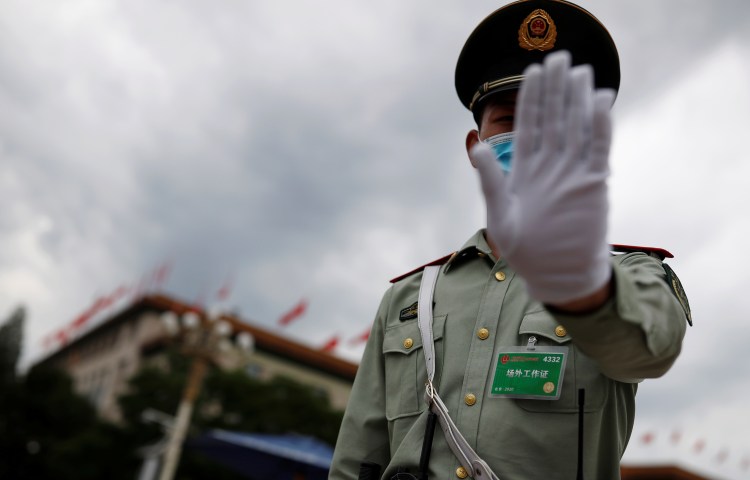
China’s COVID-19 countermeasures include restricting press freedom
In the nearly 71 years of Communist Party rule in China, the country’s citizens have enjoyed brief periods of relatively free speech, as during the abortive Hundred Flowers Campaign in 1956-57, or the run-up to the 2008 Beijing Olympics, when investigative journalists covered local corruption and pollution. When the coronavirus outbreak first began spreading in…
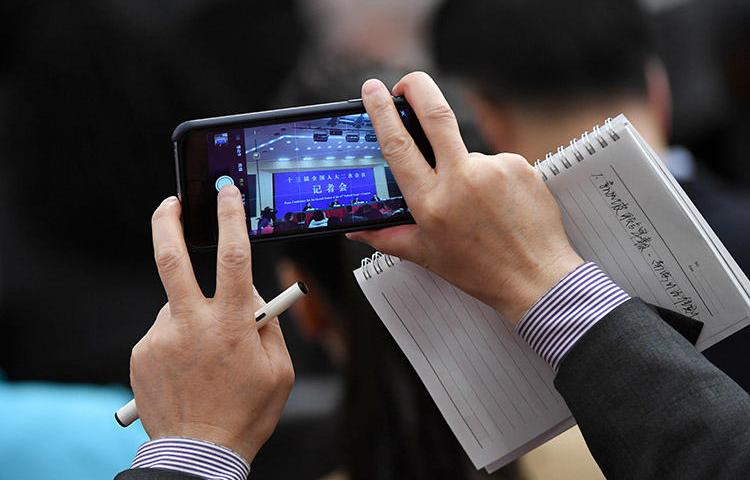
China uses visa process to intimidate foreign press, FCCC survey finds
Conditions for foreign correspondents in China deteriorated in 2019, the Foreign Correspondents’ Club of China (FCCC) annual survey found. The report, published today, noted that for a second year none of the respondents gave a positive response when asked if conditions had improved.
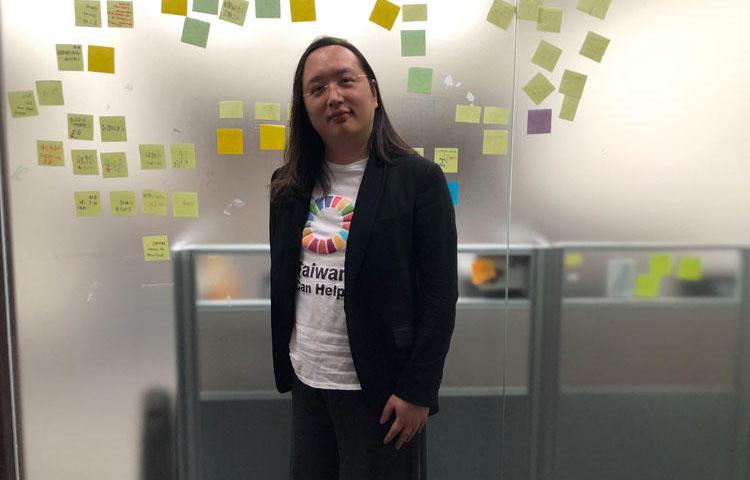
Q&A: Taiwan’s digital minister on combatting disinformation without censorship
Audrey Tang prefers precise language. During an interview, Taiwan’s minister without portfolio – Tang’s name card simply says “digital minister” – makes a swift correction when we mention the term “fake news.” The preferred term is “disinformation” because, Tang says, it has a legal definition in Taiwan: “That is to say, intentional, harmful untruth, and…
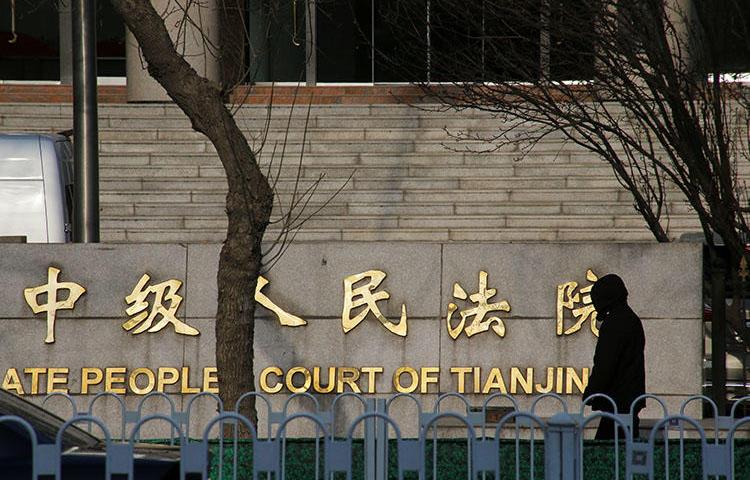
How many journalists are jailed in China? Censorship means we don’t know
Reporting on China’s harassment of journalists has never been easy. Lately it’s been getting much harder, which suggests that conditions for the press could be worsening. At least 47 journalists were jailed in China at the time of CPJ’s 2018 prison census and I am investigating at least a dozen other cases, but the details…

On International Women’s Day, CPJ highlights jailed female journalists
On International Women’s Day, CPJ has highlighted the cases of female journalists jailed around the world in retaliation for their work. At least 33 of the 251 journalists in jail at the time of CPJ’s prison census are women. At least one of those–Turkish reporter and artist Zehra Dogan–was released in February after serving a…
